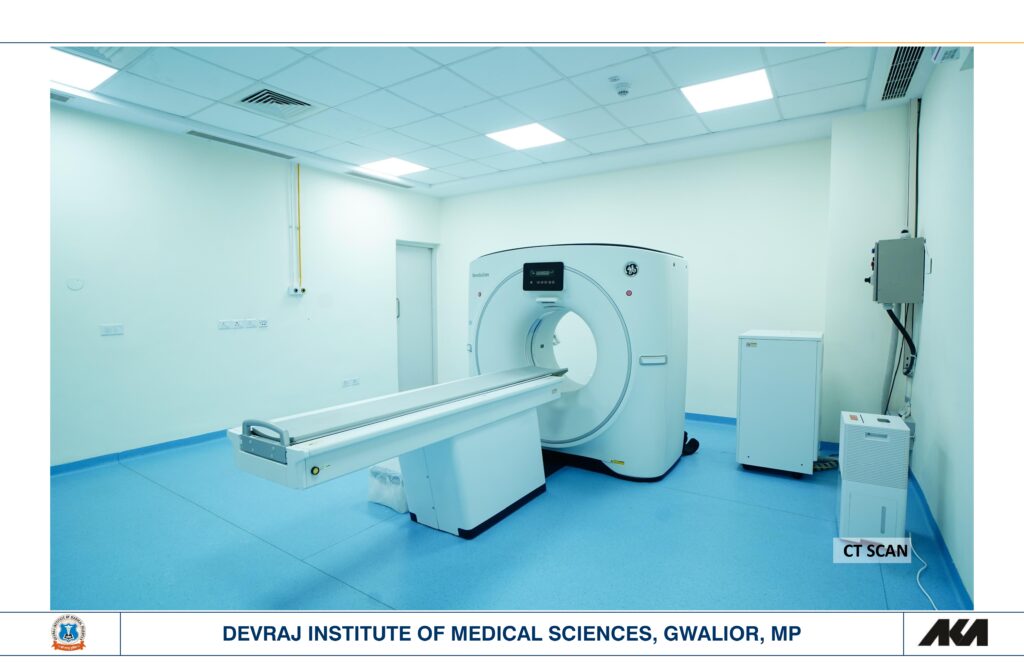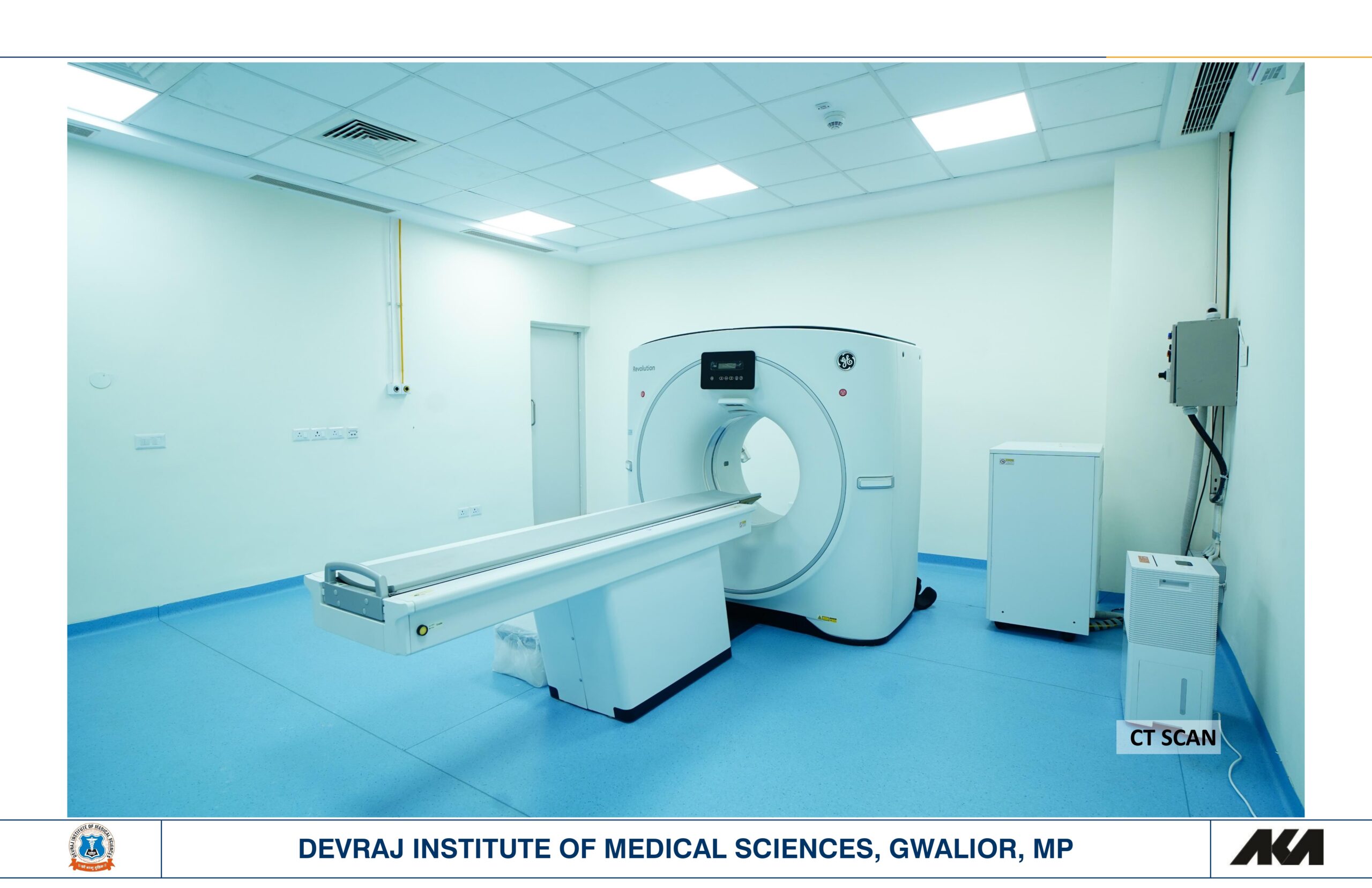Radiology is also known as diagnostic imaging. The process involves multiples tests, which require projecting and picturing various parts of the body. Radiology is useful in several operations such as CT scan, MRI, X-ray, ultrasound, etc required during diagnosis.
Radiology is the principle management process of all the disease. It also contains a variety of tools and techniques for detection, analyzing, and curing. Moreover, it is the way through which the doctor finds out detailed information about disease-related structural changes. We all know early diagnosis can help save much life, and without it, there can be no proper diagnosis, thus no treatment.
Importance of radiology treatment wise
As mentioned above, radiology is needed in various treatment processes. So let us now discuss its essential role in the process:
- X-rays
Radiology first came to light because of X-ray; after this, it took medical science to another level. It helped us see our body’s internal parts,which helped diagnose bone and disease that would not have been possible.
X-rays use radiation to look for dysfunctional objects or bones inside the body that may cause the problem. This process allows the doctor to analyze any bone structure mistake, which can help treat you better.


- Real Time Pictures
Besides X-ray, radiology helps in imaging procedures in other imaging processes as well. Through this technology, doctors and surgeons can access real-time pictures of the inside body.
- Radiographers importance
For providing better treatment, doctors require correct diagnosis results. Thus they largely depend on radiographers. Radiographers’ roles are not only limited to carry out a diagnosis. But they also provide mental and physical support to patients. Moreover, this support helps the patient prepare for their test.
One of the radiographer’s essential roles is, it clears patients’ doubts and answers their treatment-related questions. Furthermore, they are experienced in dealing with sensitive patients to bring them in a better position.
We have well qualified & experienced Radio-graphers.
- Central disease management system
There are various advantages that the patient can benefit from radiology. Radiology provides benefits to patients through advanced tools, techniques, and multiple options to detect and treat the disease. Diagnostic picturing helps in having detailed information about disease-related changes or structural variation.
It allows the patient to diagnose problems early, which increases their chance of curing themselves. Thus, without radiology saving lives would be a difficult job. Picture imaging is vital to medical science for treating and diagnosing severe conditions. Without the process, the percentage of people dying will keep on increasing.
Moreover, the treatment of a simple disease like a broken bone can also become problematic. But it is also necessary that you have a proper radiologist for carrying out the process. If not, it can also result in the death of many.
- Radiologist Importance
Your radiologist is also a doctor that has particular knowledge in diagnosing and treating a patient with disease or injury. He specializes in imaging techniques like CT-scan, MRI, PET, nuclear medicine, fusion imaging, and ultrasound.
As these many techniques involve radiation, radiologists need to get training in radiation safety and precaution. The radiologist has to interpret the images appropriately to the physicians. His role in radiology is:
- Treating disease using radiation oncology or carrying out the image-guided therapeutic intervention. Also, performing a task that results in minimal invasion.
- They act as an expert to your involved doctor or physician. As he aids him/her or suggests him proper treatment, helps in interpreting the diagnosis, and using the result in your treatment.
- Directs radiology technician who operates the radiology machine for required performance resulting in the quality test result.
- Recommends people if they require any more treatment or examination, if necessary, with the consultation of your doctor.
- Referring to other test results with imaging results and co-relating them for proper analysis.
What should be your radiologist’s qualification?
Your radiologist must have an accredited medical school passing certificate and passed a licensing test. Also, he must have completed at least four years of separate after-graduation medical education among topics like:
- Effect of radiation on the human body.
- Radiation protection/safety.
- Appropriate analysis and performance of carrying out quality radiologic and imaging tests.
In addition to the above, if your radiologist completes two years of internship in the specialized field, he is well experienced. This period includes training in sub-specialty of radiology like cardiovascular radiology, breast imaging, or nuclear medicine.
Different types of Radiology
Diagnostic Radiology
Doctors mainly recommend diagnostic radiology for diagnosing and treating diseases. This type of radiology use different imaging process:
- Ultrasound
- X-ray
- Electromagnetic radiation
Interventional radiology
Interventional radiology is mostly used for people with non-cancerous conditions. This system carries out the whole medical imaging process more safely, leading to faster recovery. Intervention radiology also helps in assisting surgical procedures.
Moreover, it works on the principle of keyhole surgery. This surgery involves making small cuts rather than larger ones using tiny cameras to look inside the body.

